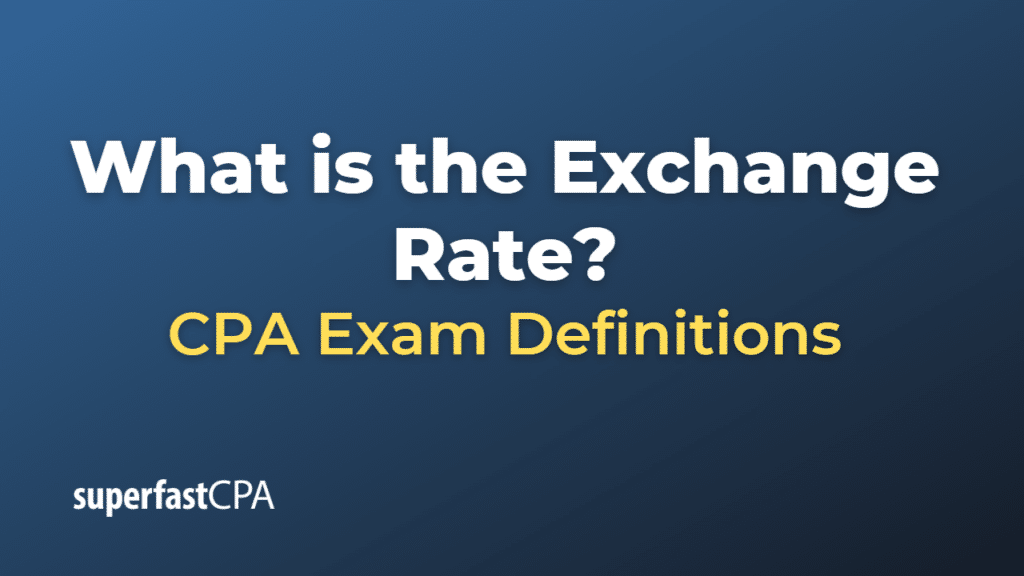Exchange Rate
The exchange rate is the value of one currency for the purpose of conversion to another. It refers to how much of one currency is worth in terms of another currency. Exchange rates are determined in the foreign exchange market (Forex), where currencies are bought and sold.
Exchange rates can be either floating or fixed:
- Floating Exchange Rates: Most of the world’s major currencies use a floating exchange rate, where rates fluctuate based on the supply and demand of currencies on the forex market. Factors influencing these fluctuations include interest rates, inflation, political stability, economic performance, and speculation.
- Fixed Exchange Rates: Also known as pegged exchange rates, these are rates that are held constant or allowed to fluctuate within a very narrow margin by the monetary authority of a country. The rate is typically pegged to another major currency (often the US dollar, euro, or a basket of currencies). To maintain this fixed rate, a country’s central bank buys and sells its own currency on the forex market to balance supply and demand.
For example, if the exchange rate between the US dollar (USD) and the Euro (EUR) is 1.20, this means you would need 1.20 USD to buy 1 EUR.
Exchange rates are important for businesses involved in international trade, tourists traveling abroad, investors participating in the foreign exchange market, and governments. Changes in exchange rates can have significant impacts on the global economy.
Example of the Exchange Rate
Imagine you’re an American tourist planning to travel to Europe. Before your trip, you check the exchange rate and find that 1 US Dollar (USD) is currently worth 0.85 Euros (EUR). This is the rate you can exchange your dollars for euros.
If you were to exchange $500, you would receive 425 Euros (500 USD * 0.85).
This exchange rate will be very important for your trip, as it determines how much you can buy with your dollars in Europe. If the exchange rate changes while you’re traveling, it could affect your purchasing power. For instance, if the Euro strengthens compared to the Dollar (say, 1 USD is now worth 0.80 EUR), your $500 would now only exchange for 400 Euros.
The same concept applies for businesses dealing in international trade. If a U.S. company sells products to a European company and accepts payment in Euros, a fluctuating exchange rate could impact the revenue in U.S. dollars that the company ultimately receives when it exchanges the Euros back to dollars.
It’s also worth noting that exchange rates can be accessed through various sources, including financial news websites, banks, and online foreign exchange platforms. Keep in mind that different providers might offer slightly different rates due to service fees or other factors.













